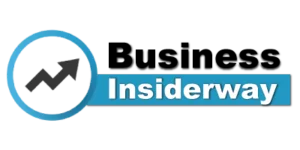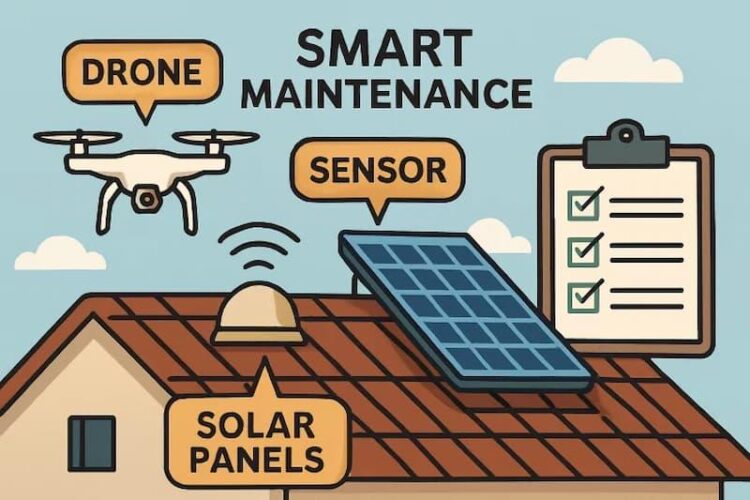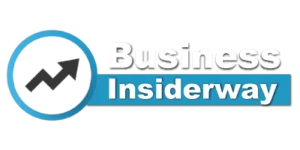Effective roof maintenance transcends the traditional approach of responding only to visible damage—it’s about developing a future-focused, preventative philosophy that leverages both cutting-edge technology and expert insight. Today’s advancements in digital tools, robust building materials, and analytical platforms are enabling both homeowners and property managers to take control by instituting reliable, strategic maintenance plans. This not only extends the operational lifespan of roofing systems but also delivers real advantages, such as reduced emergency repair costs, increased property value, and more consistent year-round performance. To explore in-depth, structured approaches to proactive roof care exemplify the industry’s best practices and comprehensive services. They emphasize the importance of regular, professional oversight in maintaining modern roofs and the value of adopting a proactive approach over a reactive one. A great example is https://www.deltaservices.com/we-care-roofing-maintenance/, which offers tailored, preventative solutions designed to extend roof life and minimize costly emergency repairs.
The case for smart maintenance strategies extends well beyond basic convenience. Modern roofing systems are directly tied to the broader resilience, efficiency, and comfort of a building in all seasons. By integrating digital tools, sensor-based monitoring, and the wisdom of seasoned professionals, building owners not only prolong the structural health of their roofs but also find peace of mind. Whether it’s protection against extreme weather, improved building insulation, or simply reducing stress about unexpected failures, a well-maintained roof is an asset that pays dividends over time.
Regular Inspections
Conducting scheduled inspections is the first pillar of an innovative, proactive roofing strategy. Roofs are exposed to a wide range of elements, including seasonal storms, freezing conditions, relentless sun, and wind, all of which can stress roofing materials over time. Routine inspections are essential for identifying minor issues—such as cracked shingles, deteriorating flashing, or clogged gutters—before they escalate into severe concerns like leaks or widespread water damage. Detecting and resolving these vulnerabilities early is pivotal in preventing unnecessary structural deterioration and in maintaining the long-term integrity of the building’s envelope.
The National Roofing Contractors Association recommends thorough roof inspections at least twice each year—ideally in the spring and fall. These times are strategically chosen to coincide with the most intense climate shifts of the year, ensuring that any damage from winter snow or summer heat is promptly addressed. By making regular inspection a routine maintenance task rather than an afterthought, property owners can safeguard their roofs against a cascade of future repairs, keep maintenance costs predictable, and maintain the manufacturer’s warranty protections. Furthermore, the documentation and records from these routine checks create a valuable maintenance history, helping guide decisions for future repairs or upgrades.
Utilizing Drone Technology
The adoption of drone technology has transformed the accuracy, safety, and comprehensiveness of roof inspections. Modern drones are equipped with high-resolution cameras, thermal sensors, and even mapping capabilities that allow them to scan every inch of a roof quickly and thoroughly. Unlike traditional inspection methods, which often require ladders and manual labor in potentially hazardous locations, drones can safely explore even the most inaccessible sections of a roof, capturing detailed images and video from multiple angles.
This technological leap not only reduces the risk to inspection personnel but also raises the standard and efficiency of assessment by offering digital records that can be archived for maintenance planning, insurance claims, and warranty verifications. Drone inspections reveal subtle issues such as pooling water, small punctures, early blistering, or debris accumulation long before they become visible to the naked eye during a standard ground-level walk-around.
Implementing Smart Sensors
Embracing smart sensors within a roofing system represents the future of efficient and responsive roof care. These miniature, wireless devices are discreetly installed in critical zones—under membranes, near drainage points, or along seams—where they constantly monitor factors such as temperature fluctuations, relative humidity, and especially moisture intrusion. In more advanced setups, smart sensors can also track structural shifts, wind exposure, and UV degradation.
When unusual changes or hazards—such as unexpected moisture levels indicating a leak or the development of mold—are detected, these sensors transmit real-time alerts directly to maintenance personnel or property managers. This immediate notice enables rapid diagnosis and targeted intervention, often allowing repairs to occur before damage spreads to insulation, trusses, or interior finishes. Particularly for commercial facilities with expansive, multi-level roofs, sensor networks significantly reduce the time and labor required for routine checks.
Embracing Predictive Maintenance
Predictive maintenance is revolutionizing building management by moving from the traditional “fix-it-when-it-breaks” mindset to one that leverages advanced analytics and historical data to anticipate problems before they arise. Using data sourced from periodic inspections, real-time input from smart sensors, and long-term performance reports, predictive algorithms identify wear patterns, vulnerability hotspots, and likely failure points in roofing systems.
By processing this wealth of information, predictive maintenance platforms can recommend when to schedule cleanings, minor repairs, or material upgrades, all tailored to maximize efficiency and prevent major breakdowns. The result is a streamlined, cost-effective approach that prioritizes maintenance in high-risk zones and reduces the frequency and severity of unexpected issues—for organizations with large portfolios or homeowners seeking longevity and predictability, planning maintenance based on predictive insights results in fewer disruptions, easier budgeting, and a significantly lower chance of catastrophic and costly emergencies.
Investing in Energy-Efficient Materials
Today’s energy-efficient roofing materials are engineered to do far more than simply withstand the elements—they actively boost building performance and sustainability. Products like cool roofs, highly reflective membranes, and solar shingles are designed to reflect more sunlight and absorb less heat, effectively reducing the intensity of temperature swings that can cause structural fatigue over time.
By moderating the expansion and contraction cycles that contribute to premature aging and cracking, these advanced materials mitigate the risk of leaks and extend the overall roof’s longevity. A secondary but significant benefit is enhanced building efficiency: less absorbed heat means lower air-conditioning costs in hotter months and better overall interior comfort. For property owners who prioritize both savings and environmental stewardship, switching to energy-efficient roofing solutions is a strategic investment that pays off in lower utility bills, reduced maintenance, and increased property value over the long term.
Scheduling Professional Assessments
In the era of innovative technology, the insight and experience of roofing professionals remain indispensable. No amount of automated monitoring can fully replace the nuanced judgment that comes from years spent evaluating a wide variety of roofing systems. Certified roofing experts excel at identifying less obvious signs of wear, recognizing systemic issues based on past repair quality, and recommending maintenance or replacement strategies tailored to the specific environmental demands of each property.
Professional assessments bring a crucial human element to the maintenance process. When combined with real-time data and advanced materials, they create a truly holistic maintenance program. This integration not only improves the odds of catching subtle issues but also guarantees compliance with manufacturer warranty requirements, optimizes spending, and assures owners that all vulnerabilities are being addressed with the right mix of technology and skill.














